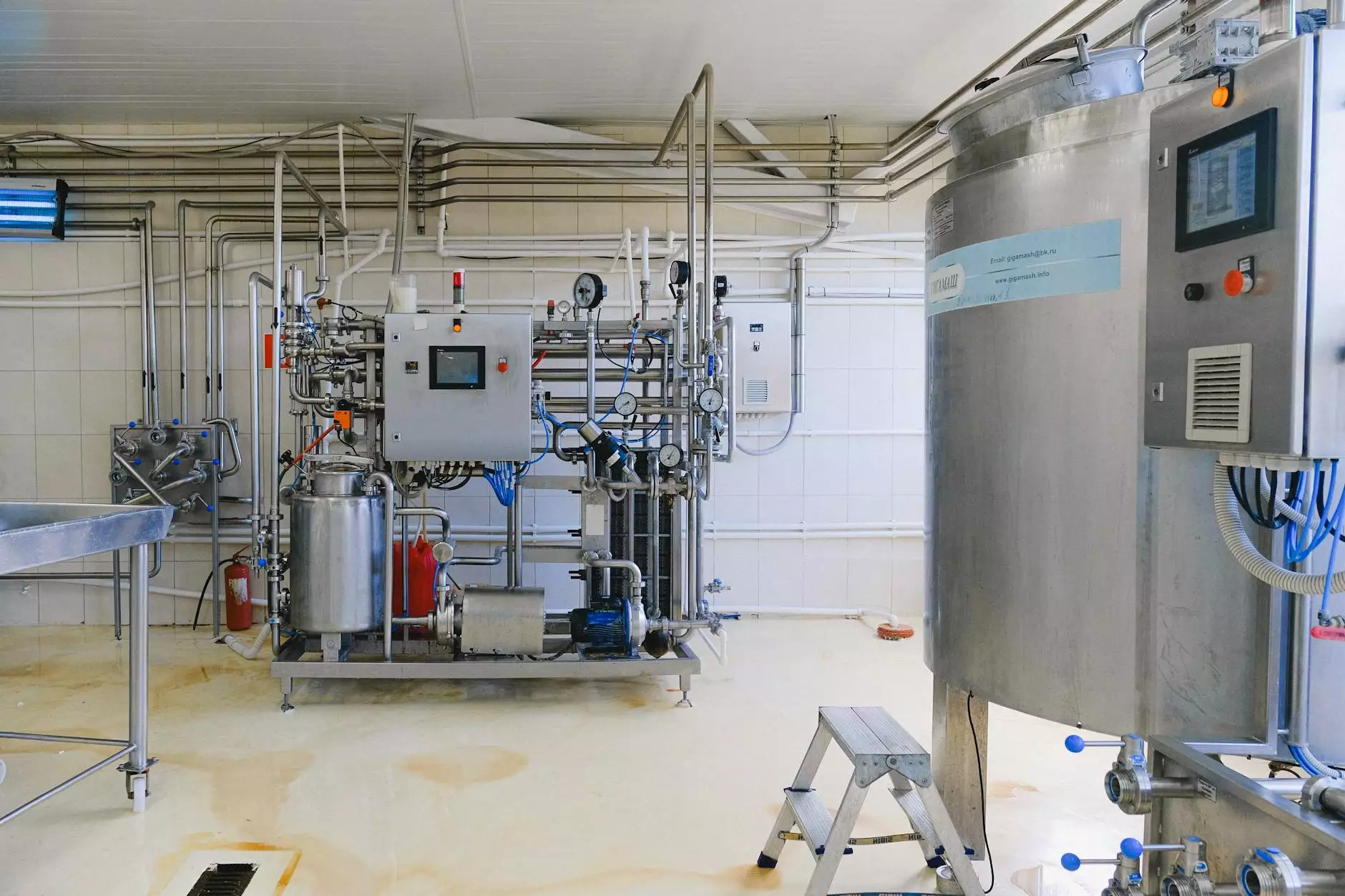Transforming Pharma with Advanced CRM Systems

The pharmaceutical industry is undergoing a significant transformation in the way it handles customer relationships, thanks largely to the advent of pharma CRM systems. These sophisticated systems are not just technological upgrades; they represent a fundamental shift in how pharmaceutical companies engage with healthcare professionals, manage data, and ultimately drive sales growth. In this article, we dive deep into the world of pharma CRM systems, exploring their benefits, functionalities, and the crucial role they play in today’s competitive market.
Understanding Pharma CRM Systems
At its core, a pharma CRM system is a specialized customer relationship management platform tailored to meet the unique needs of the pharmaceutical sector. Unlike traditional CRM systems, pharma CRMs incorporate specific features that facilitate marketing, sales, and customer care tailored to the pharmaceutical landscape. This includes functionalities that align with regulatory requirements, support complex sales cycles, and improve collaboration between different stakeholders.
Key Features of Pharma CRM Systems
- Compliance Management: Ensures all interactions with healthcare providers meet local and global regulations.
- Data Management: Centralizes vast amounts of data from various sources, allowing companies to maintain comprehensive records on healthcare professionals, prescriptions, and market trends.
- Sales Automation: Automates routine sales tasks, enabling sales representatives to focus on building relationships and closing deals.
- Reporting and Analytics: Provides in-depth insights through data visualization tools, allowing businesses to track performance and optimize strategies effectively.
- Integration Capabilities: Seamlessly integrates with other systems, such as ERP and marketing platforms, ensuring a smooth flow of information across departments.
The Benefits of Implementing Pharma CRM Systems
The implementation of pharma CRM systems can yield numerous benefits for pharmaceutical companies. Here are some key advantages that demonstrate how these systems can enhance business operations:
1. Enhanced Customer Relationships
With a pharma CRM system, pharmaceutical companies can foster stronger relationships with healthcare professionals. By having access to detailed customer profiles and interaction histories, companies can personalize communication and offer relevant information at the right time. This leads to improved trust and loyalty, ultimately driving sales growth.
2. Improved Data Management and Accessibility
Pharma CRM systems consolidate data from various sources, making it easier to manage and access. This centralization reduces data silos, where information is stored in disparate systems, leading to inefficiencies and errors. Easy data access accelerates decision-making processes, enabling teams to respond swiftly to market changes and customer needs.
3. Streamlined Sales Processes
Automating repetitive tasks within the sales process allows sales representatives to spend more time engaging with customers. Features such as automated follow-ups, reminders, and scheduling tools help to keep the team organized and efficient. This streamlined approach enhances productivity, allowing companies to pursue more leads simultaneously.
4. Data-Driven Decision Making
Utilizing advanced analytics provided by pharma CRM systems enables businesses to make informed decisions. By analyzing data trends, companies can identify market opportunities, understand customer behaviors, and adjust their strategies accordingly. Improved decision-making leads to better resource allocation and increased profitability.
5. Regulatory Compliance
The pharmaceutical industry is one of the most regulated sectors, making compliance a top priority. A robust pharma CRM system offers features that help ensure compliance with industry regulations. Automated reporting and audit trails simplify the process of tracking interactions and maintaining documentation, significantly reducing the risk of non-compliance.
Challenges in Implementing Pharma CRM Systems
While there are numerous advantages to adopting a pharma CRM system, pharmaceutical companies may also face several challenges during implementation. Being aware of these challenges allows companies to devise strategies for overcoming them.
1. High Initial Costs
The implementation of a new CRM system often requires considerable investment. This may include software costs, hardware upgrades, and training personnel. Companies must carefully evaluate the total cost of ownership versus the long-term benefits when considering such investments.
2. Resistance to Change
Change can often be met with resistance, especially in organizations with established practices. Employees may feel uneasy about adopting new technologies. Therefore, it is essential to communicate the benefits of the system clearly and provide adequate training and support during the transition period.
3. Data Migration Issues
Moving existing data from old systems to a new CRM can be challenging. Companies must ensure that the data is accurately transferred and properly formatted in the new system. Poor data quality can lead to inaccurate insights and decisions.
Choosing the Right Pharma CRM System
Selecting the right pharma CRM system is crucial to the success of any pharmaceutical organization. Here are essential factors to consider during the evaluation process:
1. Industry-Specific Features
Ensure the CRM system has built-in features specific to the pharmaceutical industry, such as compliance tracking, marketing automation focused on HCPs (Health Care Professionals), and advanced analytics for prescription data.
2. Scalability
As your business evolves, so too should your CRM system. Choose a solution that can grow with your organization and adapt to increasing data and user demands.
3. User-Friendliness
The system should be intuitive and easy to use. A complicated interface may burden your team, leading to decreased adoption and efficiency. Testing a demo version before making a commitment can provide insights into its usability.
4. Integration Capabilities
Assess how the CRM will integrate with your existing systems. Seamless integration helps maintain workflow continuity and enhances overall efficiency.
5. Vendor Support and Training
Consider the level of vendor support available post-implementation. A responsive vendor that offers training, updates, and support can dramatically impact the success of your CRM system.
Case Studies: Successful Implementation of Pharma CRM Systems
Many pharmaceutical companies have successfully implemented pharma CRM systems to revamp their operations, yielding impressive results. Here are a few case studies that exemplify the potential of these systems:
Case Study 1: Global Pharma Company
A leading global pharmaceutical company adopted a pharma CRM system to enhance their engagement with HCPs. By leveraging analytics, they identified key influencers and created tailored marketing campaigns. As a result, they experienced a 30% uptick in engagement rates and a 25% increase in sales within 12 months.
Case Study 2: Mid-Sized Biotech Firm
A mid-sized biotech firm implemented a new CRM system to streamline their sales processes. Automation minimized manual paperwork, allowing sales reps to dedicate more time to relationship-building activities. Consequently, they saw a 40% boost in productivity and a significant improvement in team morale.
Conclusion: The Future of Pharma CRM Systems
The future of the pharmaceutical industry is undoubtedly intertwined with the development and utilization of pharma CRM systems. As technology continues to advance, these systems will incorporate even more sophisticated features such as AI-driven insights, predictive analytics, and enhanced data visualization tools.
Investing in a pharma CRM system is not merely about adopting a new technology; it's about embracing a digital transformation that can lead to better patient outcomes, improved efficiencies, and ultimately, greater profitability in the highly competitive pharmaceutical landscape.
In conclusion, companies that leverage the power of pharma CRM systems will position themselves for success, ensuring they remain at the forefront of innovation and customer satisfaction in the evolving world of pharmaceuticals.









